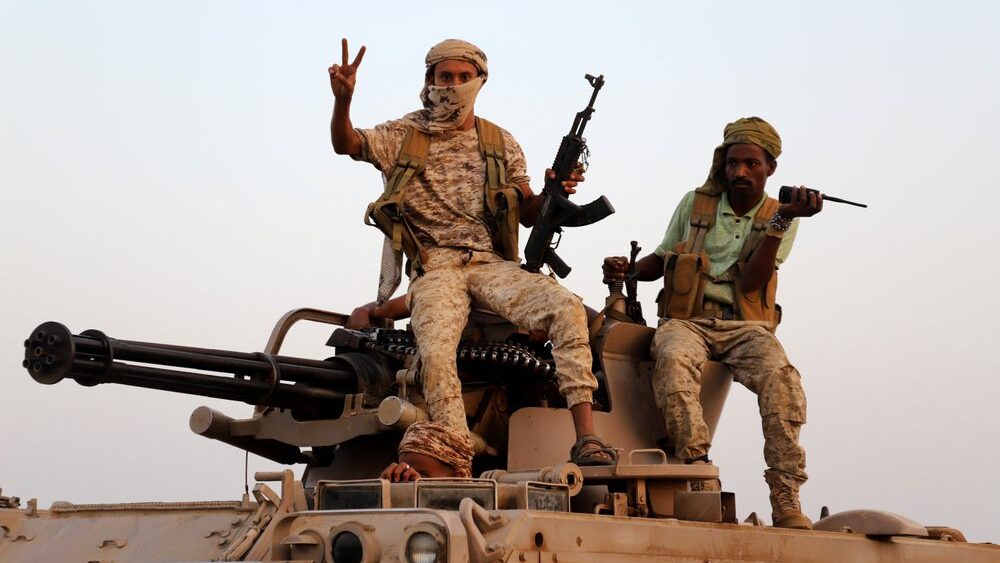
Photo: Mohammed al-wafi / Shutterstock.com
“The Houthis will bear the responsibility of the consequences should they continue to threaten lives, the global economy, and free flow of commerce” reads a joint statement on Houthi attacks from the UK, America, Germany, Belgium and nine other Western nations. Despite prefacing this threat with the words “Let our message now be clear,” this confrontational approach to controlling the Red Sea poses more questions than it answers.
The statement has been described as a “final warning” to the Iranian-backed rebels in Yemen who have launched numerous missile and drone attacks on shipping vessels since Hamas’ October 7th terror attacks. Next, a large British retailer, has warned that supplies of its products could be delayed if disruption continues.
British warship HMS Diamond, a Type 45 Destroyer, shot down a suspected attack drone in December—the first time in decades that the Royal Navy has downed an aerial target in anger. Defence Secretary Grant Shapps said this illustrated that the UK is “willing to take direct action, and we won’t hesitate to take further action to deter threats to freedom of navigation in the Red Sea.”
The other signatories of this latest statement also say they are “determined to hold malign actors accountable for unlawful seizures and attacks.” But in what way, exactly?
There has been much talk about possible airstrikes. Former CIA Director David Petraeus said this week that such strikes have “been in conversation according to folks that I’ve discussed this with in Washington, including some UK officials who are here.” A report in The Times added that Royal Air Force warplanes could be called in to destroy attack drones. Britain, the paper noted, already has Typhoons stationed at RAF Akrotiri in Cyprus.
The West is, however, aware of the dangers posed by a further escalation in the Middle East, as the vague nature of this statement shows. A UK government spokesman described planning for “a range of scenarios,” though reports note that officials have “other military options [beyond airstrikes] under discussion that are thought to be more ‘covert’ and less likely to further raise tensions.” This could include the deployment of special forces to disable engines of Houthi boats.
Until the West agrees what “consequences” need to be dished out, it will “continue to pursue all diplomatic routes.” Ships will also continue to be diverted around Africa, at a great expense, given the likelihood that the Houthi movement is not prepared to cease hostilities.
